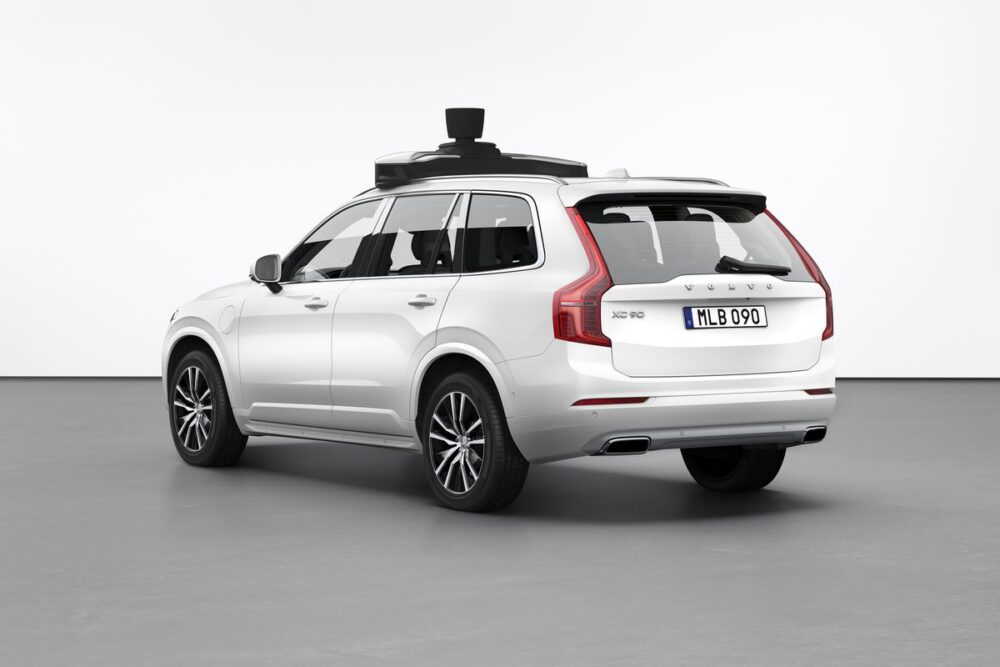Blind spots created by a windscreen or door pillar, or the wipers not fully sweeping the windscreen, pose a threat when 44% of motorists drive, AA research reveals. Among those who say their ability to see out of their vehicle is limited, 35% have had a collision or near-miss. Twelve per cent did so while in a car park.
Breaking down where their view is restricted most:
>>> 22% of all respondents to an AA survey say the side pillar next to or just behind the driver creates a blind spot
>>> 20% say the windscreen pillar creates a significant blind spot
>>> 6% have a significant blind spot on the front passenger’s side of the windscreen during heavy rain and snow due to the wipers not covering that area
>>> Plus, 5% have the same problem in winter when dirt and excess road salt are thrown on the windscreen
Similar problems with blind spots on the driver’s side of the windscreen happen for 4% when driving in heavy rain and snow, and 3% due to a build-up of road dirt
Government statistics show that, in 2022, there were 17 fatal road collisions road where a blind spot was a contributory factor. Of the 929 collisions leading to injuries, 1.8% resulted in people being killed.
“Over the past five years, blind spots restricting the view of drivers have been a factor in 63 road deaths and more than 1,100 serious injuries.”
Tim Rankin, managing director of the AA’s Accident Assist.
The 17 people killed in collisions where a blind spot was a factor reached a five-year high in 2022, the most recent year that statistics have been recorded.
Reported road collisions, by severity and contributory factor, Great Britain, 10 years up to 2022.

Blind spot table 2024
>>> A third of those have pranged their vehicle or had a near-miss
>>> A fifth have a blind spot looking over their shoulder and a fifth obstructed by the windscreen pillar
>>> 12% have collided or had a near-miss in a car park partly because of the restricted view
>>> Road deaths where a blind spot was a factor rises to a five-year high
“Over the past five years, blind spots restricting the view of drivers have been a factor in 63 road deaths and more than 1,100 serious injuries,” says Tim Rankin, managing director of the AA’s Accident Assist.
“Clearly, most drivers know where their view outside their vehicle is restricted but the threat of them failing to spot another road user remains considerable. Distraction, information overload in busy driving environments and just a ‘bad day’ may lead to a driver not being as diligent as usual in checking where they know they are partially blind.
“Blind spots that come and go with weather conditions, such as the build-up of dirt and excess road salt, or wipers not removing rain and snow from parts of the windscreen present a threat that can change in minutes. The more than one in 10 who have collided or had a near-miss in a car park shows that the danger is present even at slow speed and where there are very likely to be pedestrians.”





















